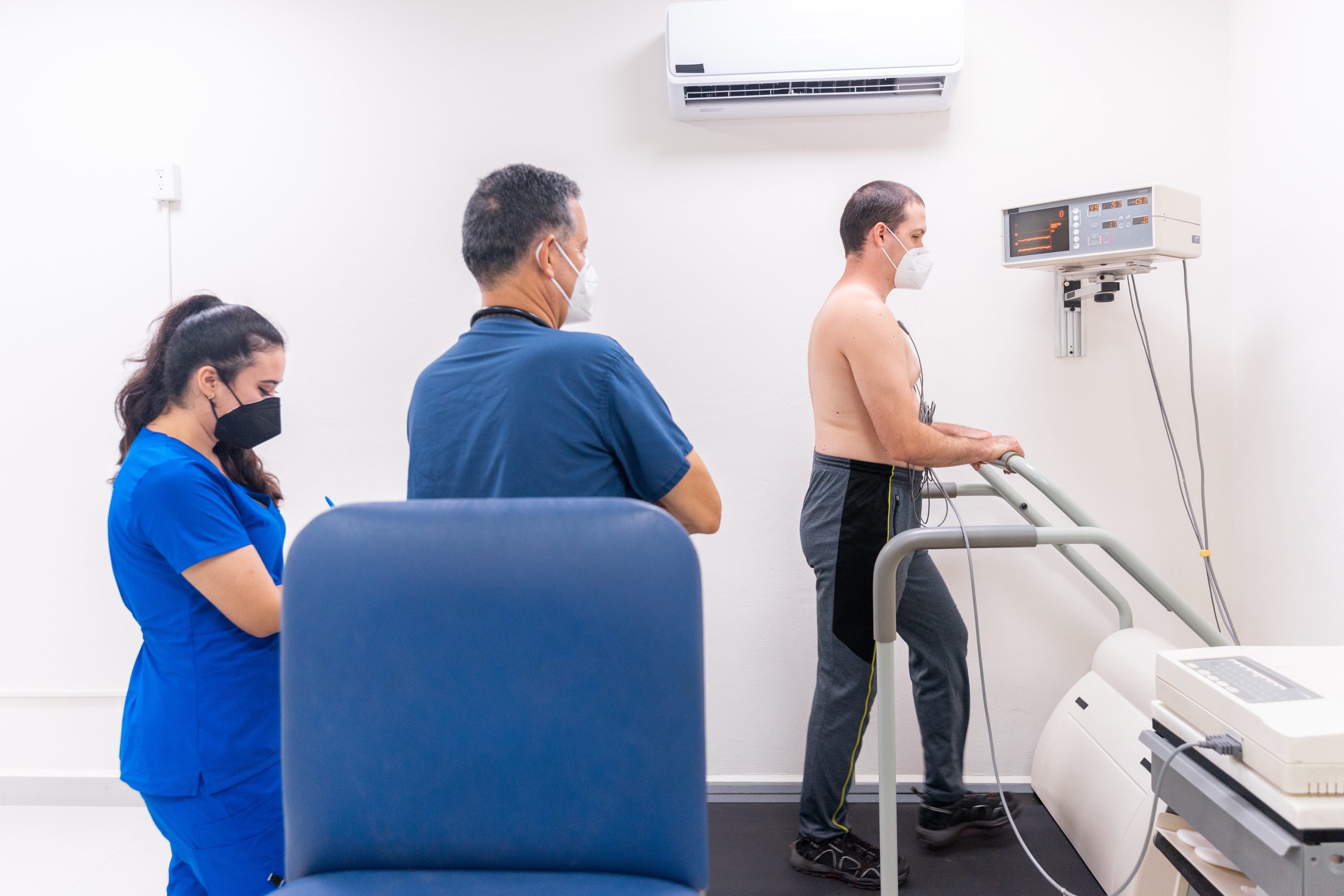A recent survey conducted among adults in the UK has uncovered concerning misconceptions and a lack of support surrounding cardiac arrest. The survey of 2,000 adults revealed that while respondents believe there is a 50/50 chance of surviving a cardiac arrest, the reality is that nine out of 10 cardiac arrests that occur outside of a hospital setting result in death.
The survey found that 28 percent of respondents mistakenly believe that a cardiac arrest is the same as a heart attack. In fact, a cardiac arrest is a critical medical emergency in which the heart stops beating, leading to clinical death. However, less than a quarter of those polled recognized that a cardiac arrest is more urgent than a heart attack.
During a heart attack, the heart continues to beat, but blood supply to the organ is disrupted. Only 30 percent of adults surveyed correctly identified that a person is clinically dead at the point of cardiac arrest.
Additionally, almost half of the respondents (49 percent) believe that cardiac arrest survivors receive the same rehabilitation services and psychological support as individuals who have experienced a stroke, heart attack, or been diagnosed with cancer. However, there is currently no consistent care plan for cardiac arrest survivors across the UK.
Experts emphasize that every minute without CPR and defibrillation reduces a person’s chance of survival by up to 10 percent. Symptoms of sudden cardiac arrest include immediate and severe collapse, loss of consciousness, absence of pulse, and no breathing.
James Cant, CEO at Resuscitation Council UK, which commissioned the research, expressed concern about the lack of personalized care and rehabilitation for cardiac arrest survivors. He highlighted the need for vital services to help these individuals recover from the severe neurological, physical, and emotional difficulties they often face after a cardiac arrest.
The survey also revealed that a significant number of respondents do not seek medical advice when experiencing chest pains, with 59 percent of those who occasionally experience chest pains not consulting a medical professional.
Furthermore, 37 percent of adults admitted to lacking confidence in helping someone experiencing a cardiac arrest, while 24 percent said they would feel not at all confident in their ability to assist. Only 15 percent of respondents correctly believed that trained medical professionals are not the only ones allowed to use a defibrillator, and just 11 percent expressed complete confidence in their own ability to use a defibrillator.
James Cant emphasized the importance of increasing awareness about bystander CPR and defibrillation to improve survival rates. He underscored the need for support services to be in place for cardiac arrest survivors, as currently, only a small percentage receive neurological rehabilitation assessments or psychological reviews.
The article includes two case studies that provide real-life examples of individuals who have experienced cardiac arrest and highlights the importance of immediate response and appropriate care.
The survey’s findings shed light on the misconceptions surrounding cardiac arrest among UK adults and emphasize the need for improved education, support services, and access to rehabilitation for cardiac arrest survivors.






